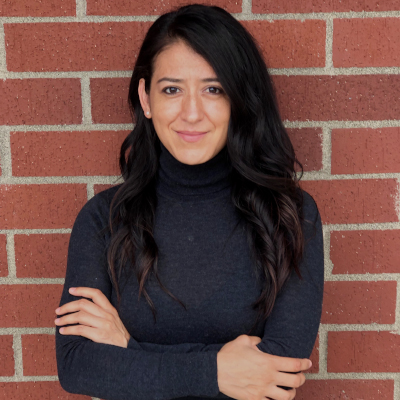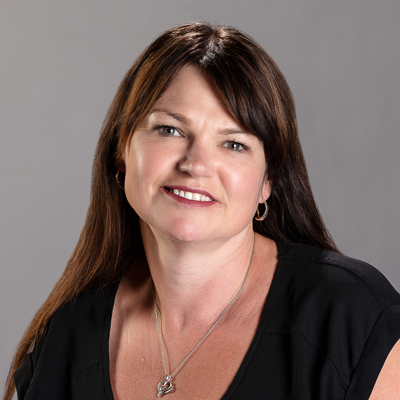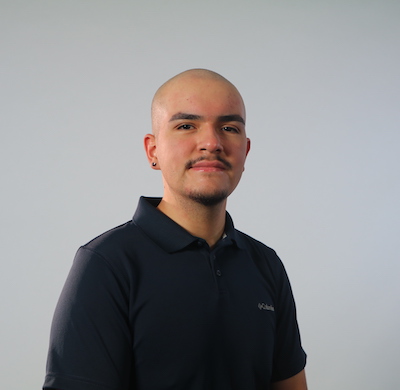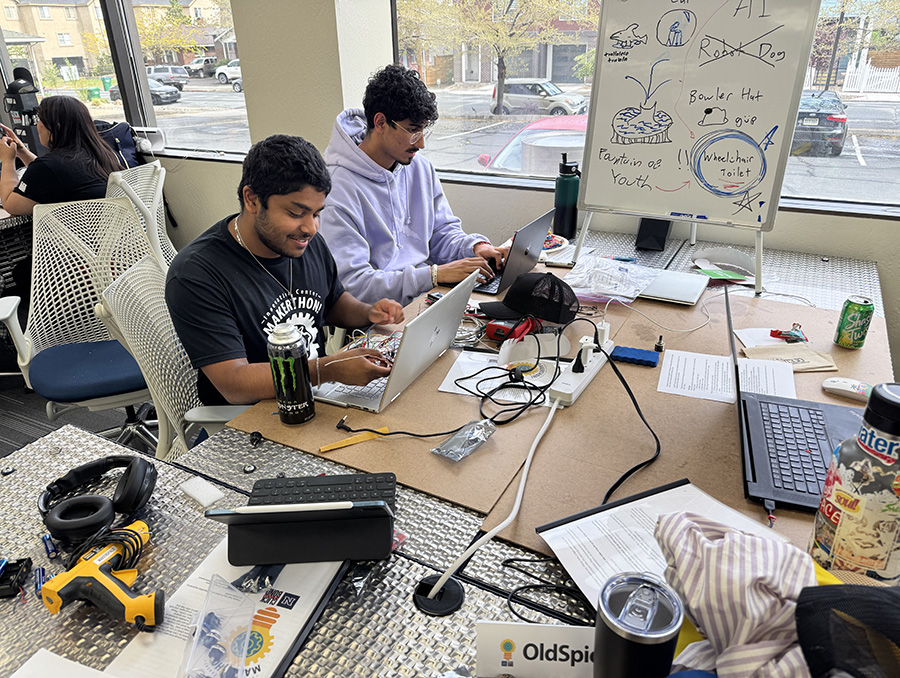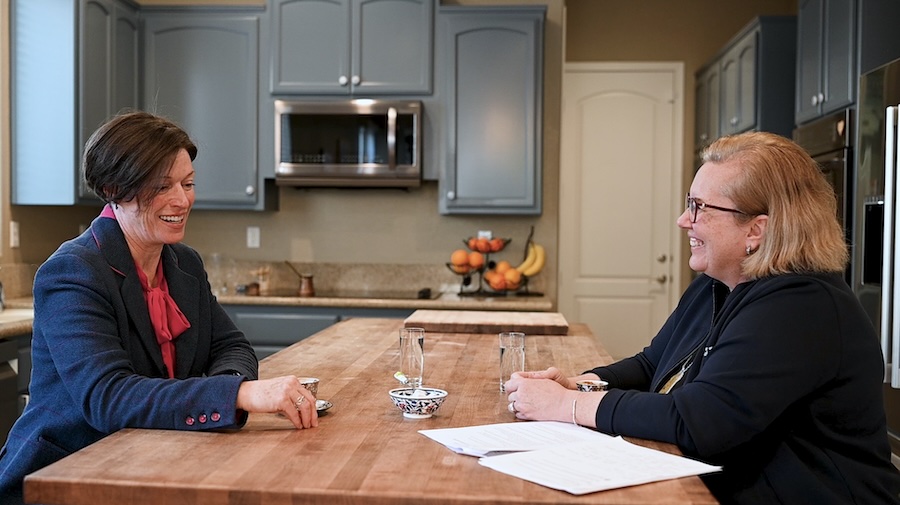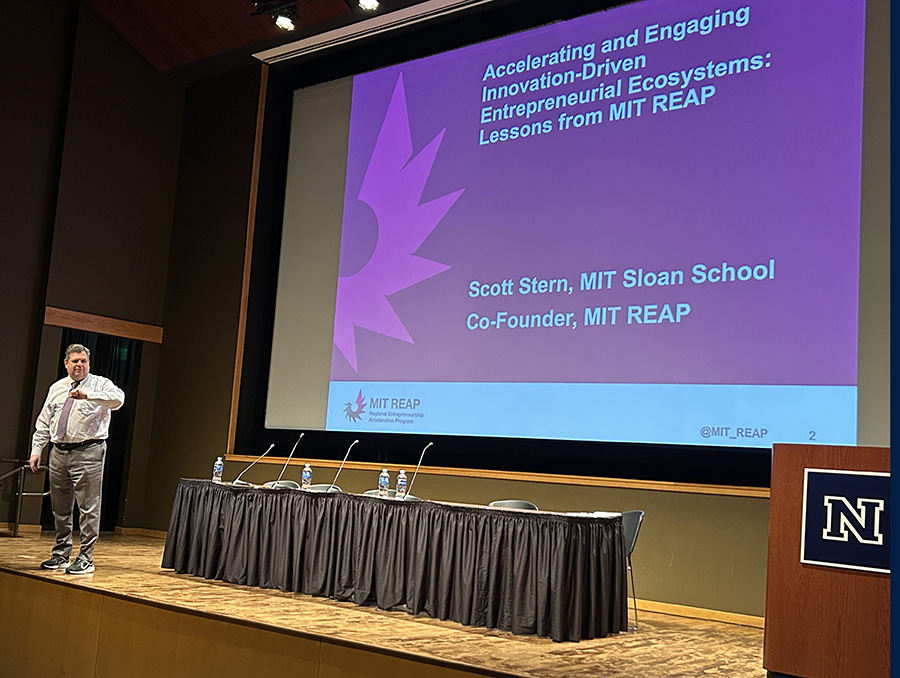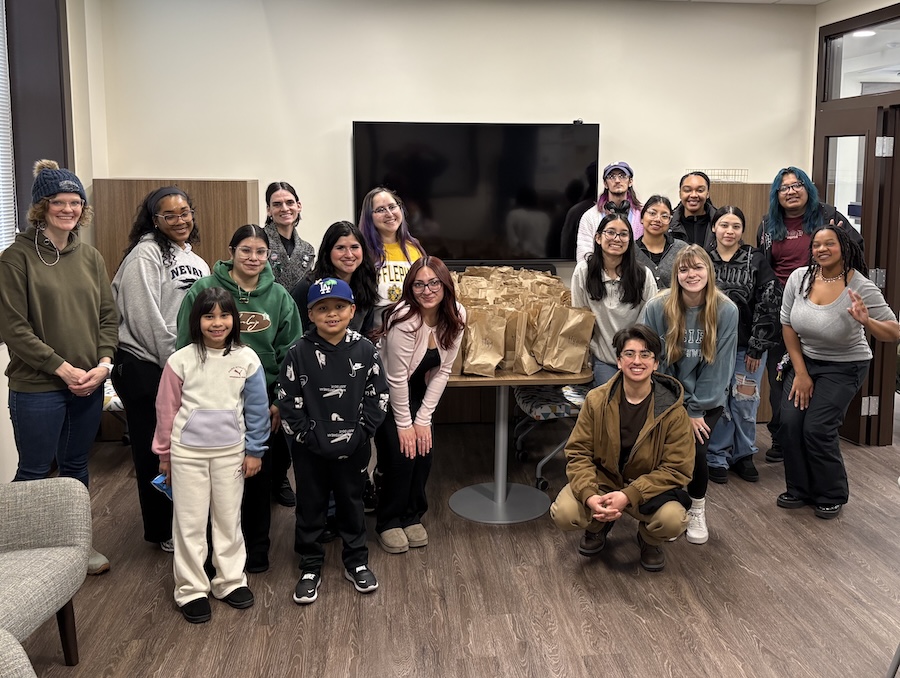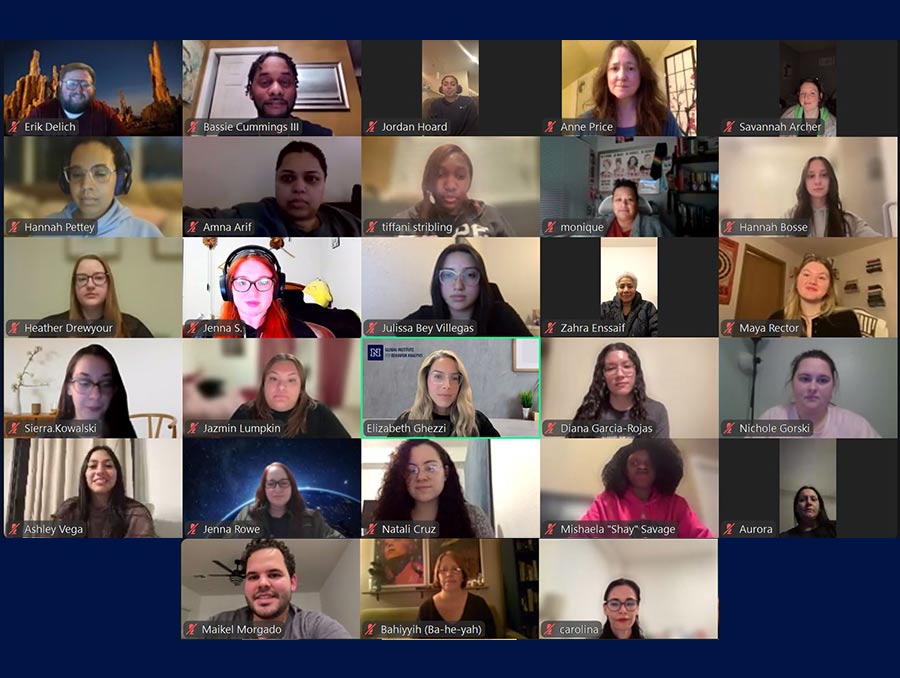How can we better support families with young children with disabilities?
Ruby Batz, Ph.D., assistant professor of special education, shares findings from a recently published research study
Recently, we published a systematic review of the literature exploring the factors that shape the unique experiences of families accessing early intervention and early childhood special education (EI/ECSE) services.
We found that the promise of a family-centered approach is not uniformly experienced by all families and children receiving EI/ECSE services. Under the Individuals with Disabilities Education Act (IDEA) of 2004, parents are expected to advocate for their children and participate as collaborative partners in the decision-making process. However, our research reveals how unequal practices are perpetuated by a flawed assumption embedded in the legal framework and recommended practices, assuming that all families are equally equipped to access and navigate EI/ECSE services. Many parents report feeling unable to effectively communicate their concerns and desires with service providers due to fear of negative consequences for their children or because they are not given the opportunity to do so.
Additionally, our findings shed light on how these services both perpetuate and mitigate unequal practices that impact families' experiences. Such experiences point to unbalanced power dynamics that limit parental input and collaboration in their child's educational programming.
Factors such as neighborhood economic demographics and location were found to directly influence the types of services families seek and have access to. The ability of families to leverage different forms of social, cultural, and economic capital shapes their access to services, opportunities for collaboration and decision-making, and participation in educational planning.
To meet the needs of families raising children with disabilities, higher education needs to prepare and equip current and future EI/ECSE service providers and researchers to examine complex contextual and historical inequity issues experienced by children with disabilities and their families as a result of structural, systemic, institutional and individual practices.
Despite these challenges, our review also reveals areas of potential. When service providers are supportive, respectful, competent, and flexible, parents feel empowered to navigate services and advocate for their children through collaborative partnerships and shared decision-making. These aspects are key features of a family-centered approach.
As an educator, my primary goal is to inspire students to be curious, critical thinkers who engage with the pressing issues in our society. I strive to reframe deficit-oriented discourses about families and children facing structural inequality, urging educators and administrators to recognize and celebrate the brilliance of populations vulnerable to discrimination.
Read the published study: Parents’ Experiences Navigating Early Intervention and Early Childhood Special Education Services: A Qualitative Metasynthesis
About the author
Ruby Batz, Ph.D. is an assistant professor of special education at the University of Nevada, Reno. She specializes in the transdisciplinary study of family engagement practices in early learning settings, examining the intersection of race/ethnicity, language and disability. She received her master’s and doctorate in early intervention and early childhood special education at the University of Oregon. She joined the College of Education & Human Development in 2020.

